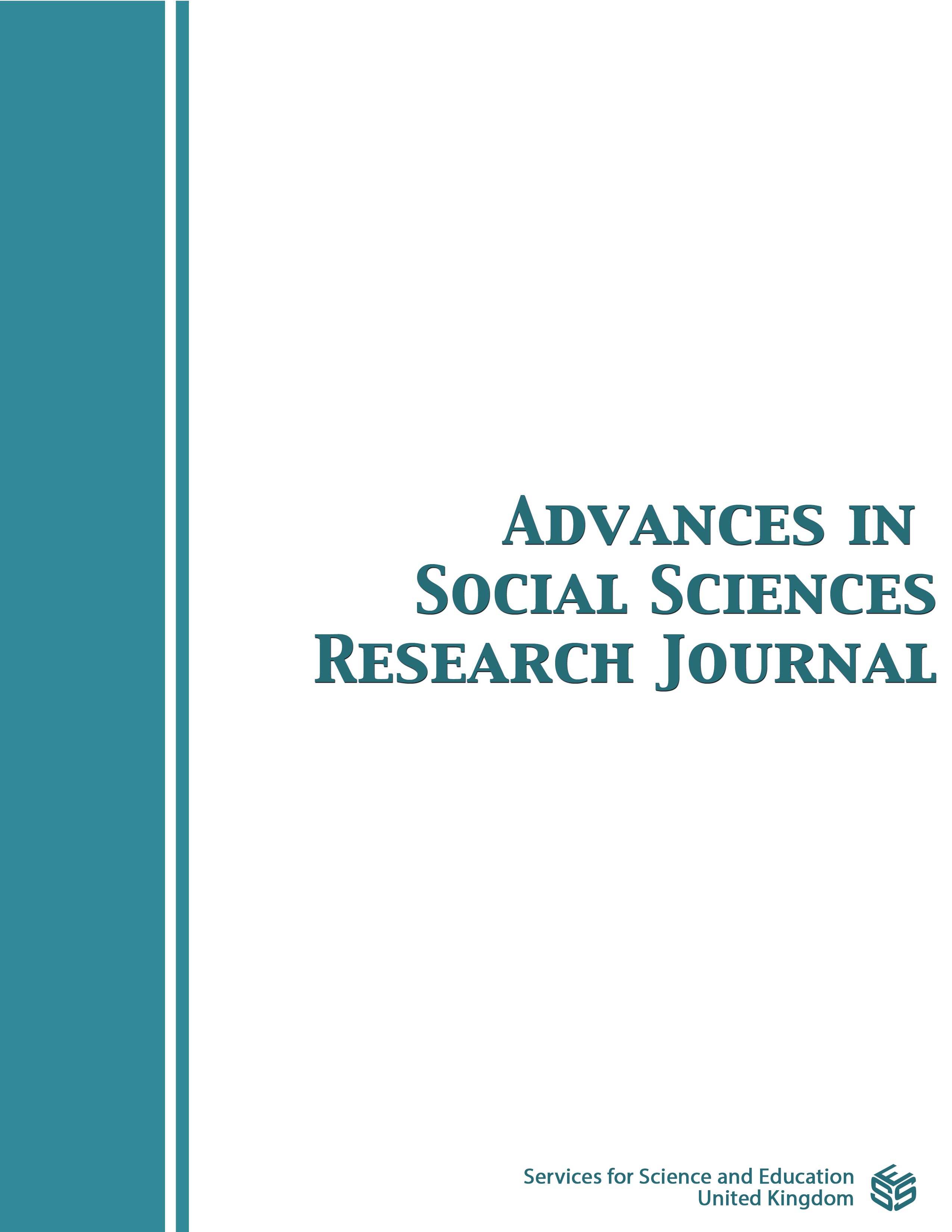Context-Driven Decisions: The Impact of Framed Information on Financial Choices
DOI:
https://doi.org/10.14738/assrj.1112.18026Keywords:
Contextual Framing, Financial Decision-Making, Uncertainty, Randomized ExperimentAbstract
This paper examines how contextual framing influences financial decision-making under uncertainty. Poor decision-making is pervasive in financial behavior, and one proposed remedy is choice architecture, which seeks to improve decisions by altering the framing of information or decision tasks. In this context, we investigate how contextual information about a firm’s prospects affects investment choices, even when the distribution of outcomes is explicitly provided. In an online experiment, participants were randomly assigned to a control or treatment group and presented with decision-making tasks. Qualitative details about a firm's prospects significantly altered choices. Positive contextual framing increased the likelihood of retaining a stock, while negative framing reduced it, despite unchanged objective probabilities. In contrast, alternative exercises without specific contextual details showed no significant effects. These findings highlight how the design and contextual relevance of framing influence decision-making under uncertainty, offering insights into the role of qualitative information in financial behavior and choice architecture.Downloads
Published
2024-12-25
How to Cite
Firmo, M., Hemsley, P., & Santos, T. (2024). Context-Driven Decisions: The Impact of Framed Information on Financial Choices. Advances in Social Sciences Research Journal, 11(12), 143–153. https://doi.org/10.14738/assrj.1112.18026
Issue
Section
Articles
License
Copyright (c) 2024 Marcio Firmo, Pedro Hemsley, Thiago Santos

This work is licensed under a Creative Commons Attribution 4.0 International License.
Authors wishing to include figures, tables, or text passages that have already been published elsewhere are required to obtain permission from the copyright owner(s) for both the print and online format and to include evidence that such permission has been granted when submitting their papers. Any material received without such evidence will be assumed to originate from the authors.






